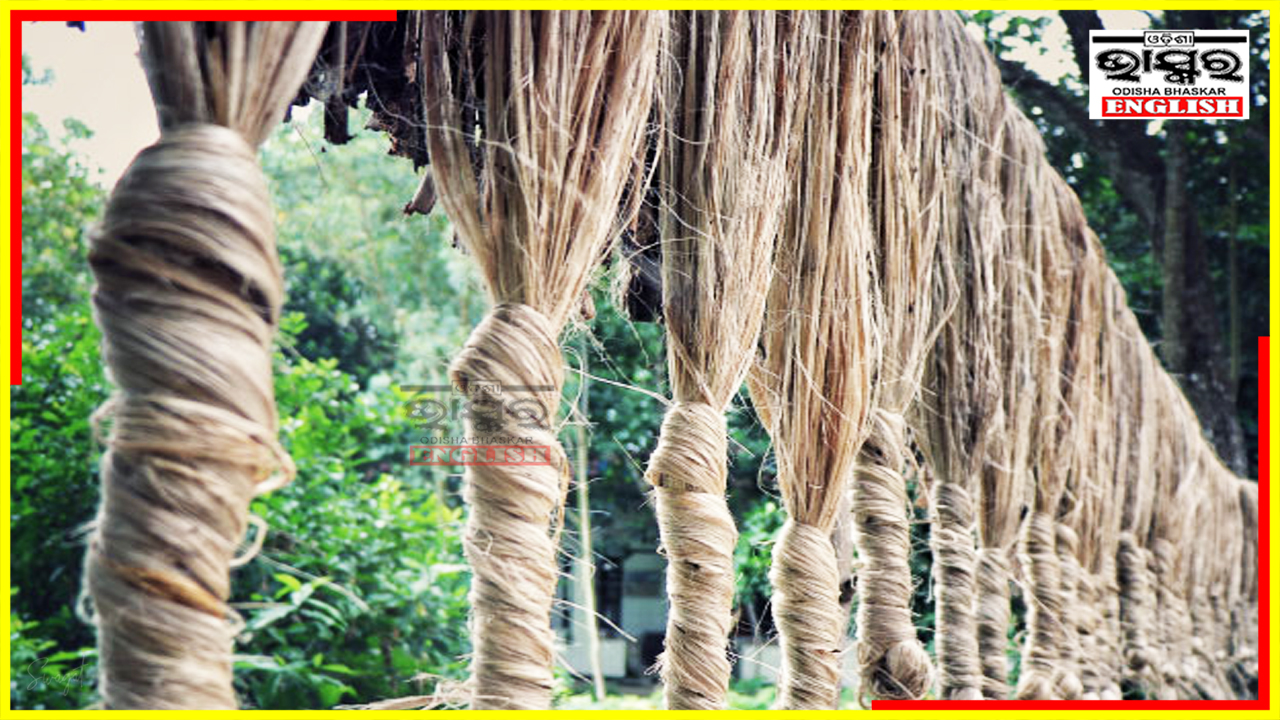Dhanbad: Scientists at the Indian Institute of Technology (Indian School of Mines), Dhanbad, have achieved a major breakthrough by creating a water-repellent and biodegradable version of jute. This innovation addresses the problems caused by food grain decay and the environmental impact of plastic bags.
Led by Dr Aditya Kumar and Dr Poonam Chauhan, the research team completed their project over two and a half years. They also filed a patent application for their creation, highlighting its uniqueness.
To make jute water-repellent and protect food grains, the researchers utilized a silane-based coating. This coating reduces the carbon footprint compared to traditional plastic sacks and provides a sustainable solution that minimizes harm to the environment and human health.
The team’s process is cost-effective and doesn’t require sophisticated instruments. The coating is biodegradable and eco-friendly, ensuring minimal negative effects on the environment. Additionally, it doesn’t affect the durability, weight, and thickness of the jute.
The water-repellent jute offers advantages over conventional jute. Its self-cleaning properties enhance stain and dust contamination resistance, making it suitable for various applications. The bags made from this jute effectively protect grains from moisture even in highly humid environments, ideal for geotextiles and other moisture-related uses.
Priced at approximately Rs 70 per litre, the affordable coating material adds to the viability of this sustainable solution. Although currently at the laboratory scale, the team plans to explore commercialization opportunities once the idea is patented.
This development has the potential to revolutionize the packaging industry and reduce reliance on harmful plastics. By offering a water-repellent, biodegradable alternative, this innovation paves the way for a more sustainable future, benefiting both the environment and human health.




Comments are closed.